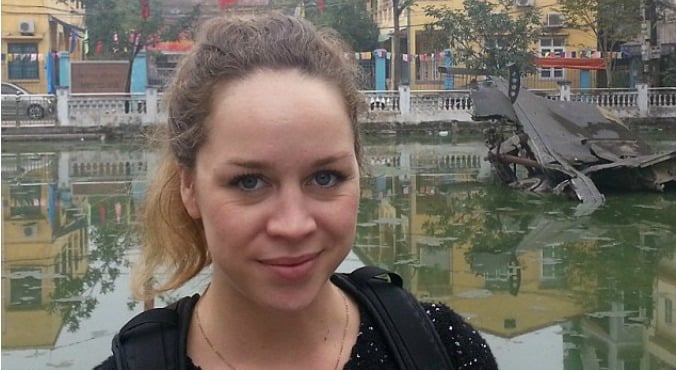
Image: Abby Landy
Abby Landy was diagnosed with HIV when she was 23.
Like many young people, she had no idea what life with the chronic illness would be like – nor did she realise it was a possibility for her.
“It felt like game over, that was the end. I was thinking, ‘When am I going to get sick, when am I going to die?’,” Abby, now 26, says. “As a woman I didn’t even realise I was at risk.”
Despite these initial fears, Abby’s daily life has scarcely changed three years on. Now, she wants other young people in her position to realise that being HIV positive doesn’t have to stop them living a normal life.
Abby, a Sydney-based legal assistant and part-time law student, was diagnosed with HIV in the wake of an abrupt breakup. “I was seeing a guy – it was a short relationship and he was the one who ended up infecting me,” she recalls. “I wasn’t comfortable with some of his [sexual] behaviour, so I ended things.”
Within a few weeks of the relationship ending, symptoms began to present. At first, Abby experienced an outbreak of cold sores - the first ones she'd ever had - which were followed by flu-like symptoms including nausea, aches and pains, rashes and a run-down feeling.
"I didn’t know you could feel that unwell without dying; it was the sickest I’ve ever been," she says.